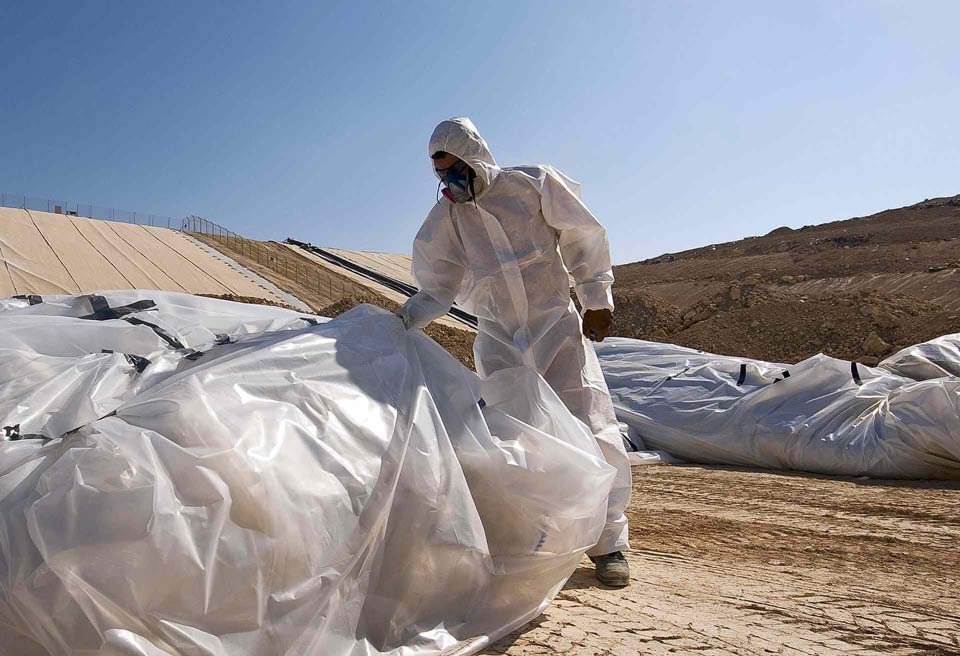Soil Disposal: What You Need To Know?
Tagged as: soil disposal melbourne.
We've all been there: you're building a new patio or foundation and the ground is full of dirt. While it may seem like a simple matter to get rid of that dirt, there are several options available. The type of soil you have can affect the best method for disposal. It is also important to be aware of federal and state laws regarding soil disposal.
This article will cover what you need to know about soil disposal in your yard or on your property so that you can make an informed decision before embarking on any home improvement projects involving soil removal!
Soil has been a byproduct of construction for years.
Soil has been a byproduct of construction for years. It's used in the construction of roads, buildings, and other structures. Soil can be contaminated with hazardous materials such as lead or asbestos. As such, soil disposal is regulated by federal and state laws.
In some cases, it's acceptable to dispose of soil on your own property. However, there are strict rules about how you can do this and what kinds of soil must be disposed of at a licensed facility.

There are several options for soil disposal.
- Landfill: this involves burying the soil in a landfill and covering it with dirt, which is sometimes done in conjunction with recycling or composting.
- Recycling: if you have a lot of organic material that can't be put into your compost pile, it may be best to just recycle it as fertilizer instead of sending it to the landfill. This can be done through either an industrial facility or by hiring someone who specializes in recycling waste materials into fertilizer products like mulch or compost tea.
- Composting: if you want to turn your yard waste into something useful like fertilizer but don't want any part of your garden space taken away by industrial facilities or other services that specialize in this type of work--or if you simply prefer doing things yourself--then composting is probably going to work best for your needs!
Composting involves breaking down organic matter (like grass clippings) into usable nutrients through controlled decomposition processes that take place over time at temperatures ranging from 50-120 degrees Fahrenheit depending upon what kind.
It is important to be aware of federal and state laws regarding soil disposal.
It is important to be aware of federal and state laws regarding soil disposal. The law regulates the management of waste materials, including soil. While some states may have their own regulations, federal laws generally apply across the country.
Soil disposal Melbourne options include recycling, landfilling or composting; however, most people choose to dispose of their soil by burying it in a landfill because it's easier than other methods and cheaper than hiring someone else to do it for them
Conclusion
Soil disposal can be a confusing topic, but it's important to know the right way to handle your soil. If you're looking for more information on how to dispose of soil and what other options are available, contact an expert.
Source From : Soil Disposal: What You Need To Know?